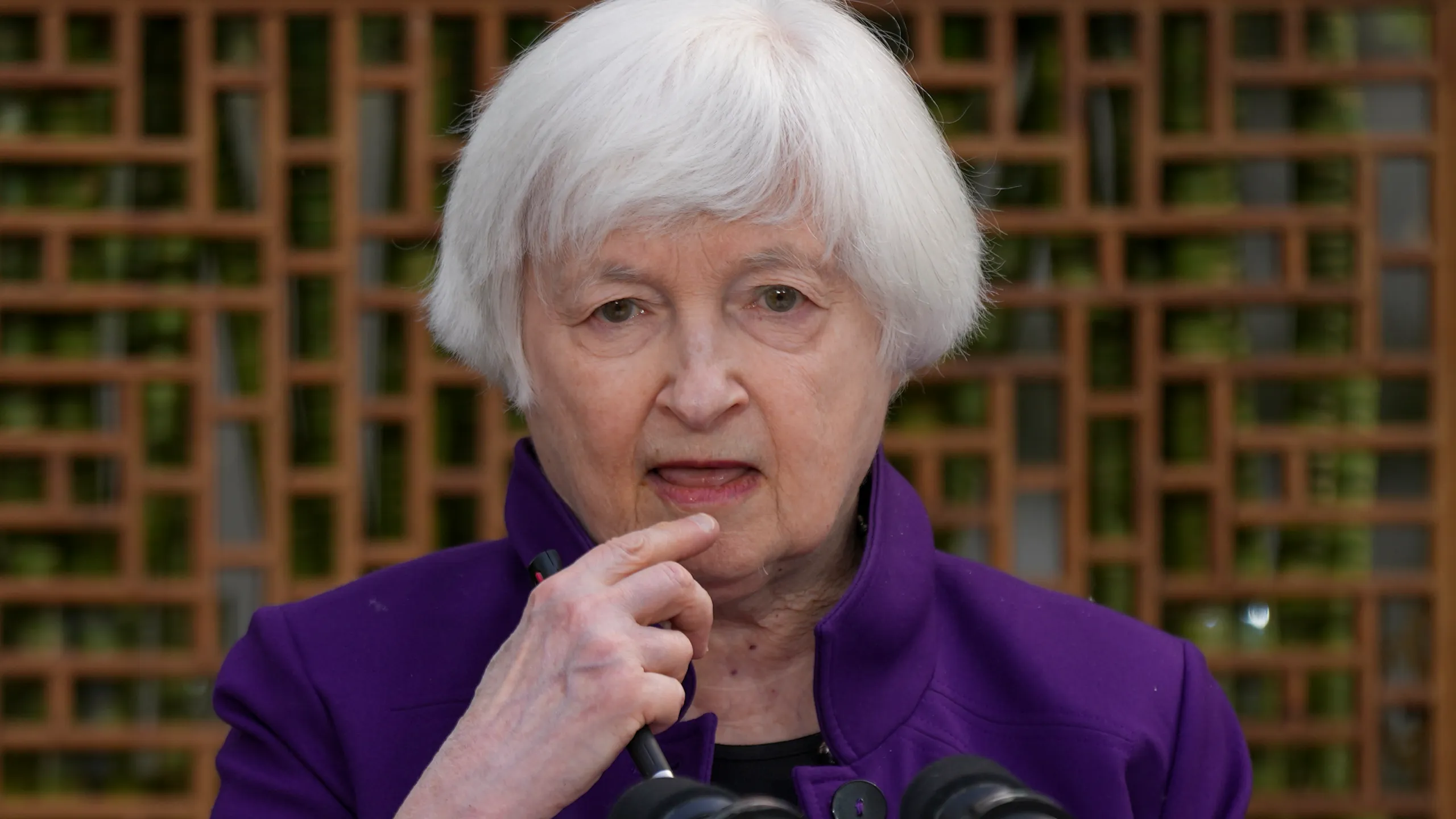In an interview with CNBC, U.S. Treasury Secretary Janet Yellen stated that the United States is prepared to impose sanctions on Chinese banks, companies, and leadership if they support Russia’s invasion of Ukraine.
Yellen emphasized that any assistance to Russia’s military efforts in Ukraine would be deemed unacceptable by the U.S., and they possess the ability to sanction such actions. President Joe Biden had issued an executive order granting the Treasury secretary the authority to sanction financial institutions aiding Russia’s military-industrial complex.
Yellen clarified that while China is entitled to maintain a relationship with Russia, the provision of military aid from Beijing to Moscow could prompt sanctions. She highlighted the importance of maintaining U.S. interests while attempting to stabilize the diplomatic relationship between the two superpowers. Yellen had been in China for several days, engaging in discussions with officials, including Vice Premier He Lifeng, before her departure for Washington.

During her visit, Yellen raised concerns about Chinese overcapacity in green energy industries such as solar panels, electric vehicles, and lithium-ion batteries. The U.S. alleges that Chinese government subsidies have led to surplus production, potentially causing global market disruptions. While Chinese officials publicly deny these allegations, Yellen indicated that they acknowledged the importance of addressing U.S. concerns.
The issue of overcapacity adds to the numerous trade tensions between the U.S. and China in recent years. Former President Donald Trump initiated tariffs in 2017, leading to strained economic relations.
President Biden has maintained many of these tariffs and has threatened further increases. Despite these tensions, efforts have been made to improve relations, as demonstrated by Biden’s meeting with Chinese President Xi Jinping in November.
Yellen did not rule out the possibility of higher U.S. tariffs on Chinese imports if concerns regarding overcapacity are not addressed. She expressed optimism about the current state of economic relations between the two countries, highlighting progress made over the past year. The goal remains to enhance communication and cooperation while safeguarding respective national interests.

